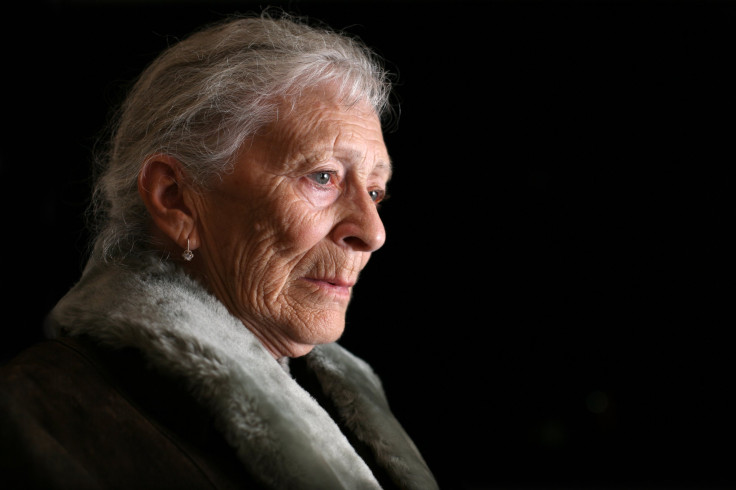Noticing Memory Loss Predicts Future Alzheimer's; Minor Memory Lapses Can Hold Big Implications

Is your mother constantly misplacing her keys? Can’t seem to remember recent events? She may just be suffering from harmless forgetfulness or it may be something far more devastating: an early sign of Alzheimer’s. According to a recent study from the University of Kentucky, self-reported memory loss is a strong predictor of Alzheimer’s disease and other memory-related conditions further down the line.
Led by Dr. Richard Kryscio from the University of Kentucky, a team of scientists conducted a study to see just how accurate complaints of memory problems were at predicting future clinical memory impairment, a press release reported. In the study, which is currently published in the online journal Neurology, the researchers requested the assistance of 531 dementia-free volunteers to report their noticed memory changes and to also take part in annual memory and thinking tests for an average of 10 years. The study began in 1989 and continued throughout the 90s. The mean age of the volunteers at the beginning of the study was 73, and after death all the participants’ brains were examined for evidence of Alzheimer’s disease.
Results confirmed what the researchers had hypothesized: Many who complained of minor memory problems were actually reporting the first signs of more serious memory-related conditions. For example, it was found that participants who reported changes in their memory were nearly three times more likely to develop memory and thinking problems. Also, while about one in six of the participants developed dementia later in the study, 80 percent had first reported memory changes.
Dementia is a general term for a group of brain disorders that results in the loss of intellectual and social skills, according to the Mayo Clinic. The most common cause of dementia is Alzheimer’s disease. This is a progressive condition that destroys many mental functions, with memory being one of the most notable. Unfortunately, at the moment there are no cures for this condition. However, there are a number of management options that have been shown to temporarily improve some of the symptoms.
Although these findings may seem rather unpleasant, they do suggest something positive. “That suggests that there may be a significant window of opportunity for intervention before a diagnosable problem shows up," said Kryscio in the press release. The researcher explained how, on average, there seemed to be about 12 years in between the onset of self-reported memory problems and later cognitive impairment.
While Kryscio told Medical Daily in an email that at the moment there are no preventative therapies for Alzheimer's and other memory disorders, early detection of memory loss problems may "identify high risk groups for prevention trials." Still, this does not necessarily mean that forgetting to pick up the clothes from the dry cleaners is a sign that the individual is developing a serious cognitive problem. "Elders should consult clinicians if such complaints persist," Kryscio advised, just to be safe.
Published by Medicaldaily.com



























